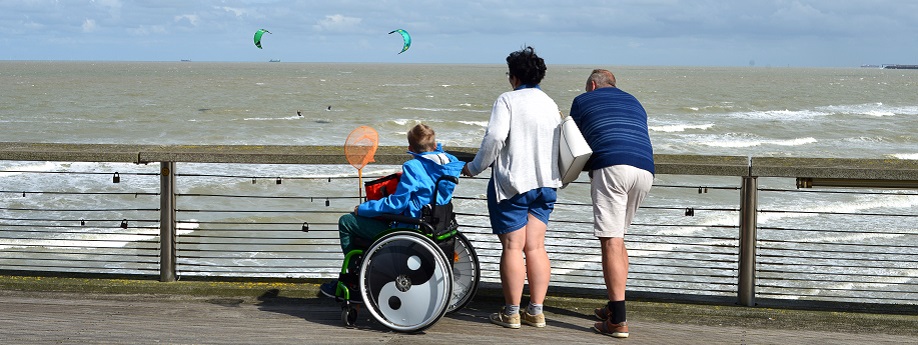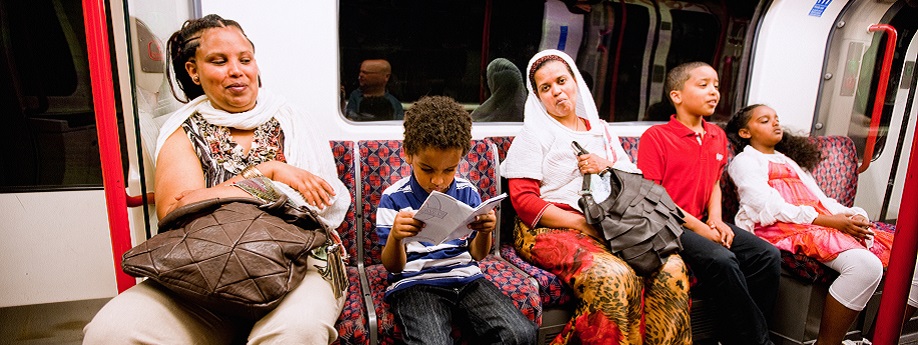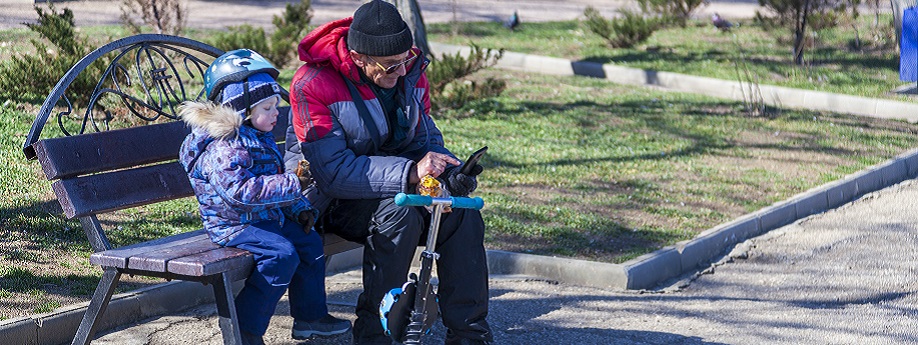Connecting generations
Research in this theme aims to understand intergenerational connectivity in a post-Brexit/post-Covid society, producing novel science that contributes to policy debate.
Different generations provide financial, emotional and practical support to each other during different stages of their lives. These support exchanges interact with and impact upon major life course events. Such events include: completing education; leaving home; living with (or separating from) a partner; having children; becoming a homeowner; entering and leaving work; continuing to live independently in the community; or moving into residential care. Health, economic living standards, social networks and personal resilience are all affected by these life events, and experiences will vary by gender, migrant status, ethnicity, education, social-economic status and geographical context.
Issues of generational connection have been thrown into sharper focus by Brexit and the Covid-19 pandemic. Changes in economic, social and family life are also taking place within the wider global context of environmental degradation and climate change. The benefits for present generations may stand in conflict with the inheritances of future generations. This has complex and wide-reaching implications for generational fairness and intergenerational justice and solidarity.
This Economic and Social Research Council (ESRC) funded project brings together CPC experts at the University of Southampton, University of St Andrews, and University of Stirling, with partners at the University of Oxford Leverhulme Centre for Demographic Science, and the Resolution Foundation.
This research is co-ordinated by Connecting Generations Director Professor Jane Falkingham in collaboration with five Co-Directors: Professor Alison Bowes, Professor Mike Brewer, Professor Maria Evandrou, Professor Hill Kulu, and Professor Melinda Mills.
Current Projects
- Changing intergenerational relationships: a regional case study Project contributors: Bowes A, Dawson A, Phillips J, Rutherford A, Bell D, Douglas E, Evandrou M, Vlachantoni A, Pemble C, Emond H,
- Community resilience and social coherence Project contributors: Finney N, Graham E,
- Connecting generations across geography Project contributors: Kulu H, Demsar U,
- Connecting generations through genetics and genealogy Project contributors: Mills M, Kashyap R,
- Intergenerational Audit: Understanding changing living standards across cohorts Project contributors: Brewer M, Falkingham J, Broome M, Hale S,
- Intergenerational flows of support in later life Project contributors: Vlachantoni A, Evandrou M, Falkingham J, Qin M, Bell D, Bowes A, Dawson A, Phillips J, Rutherford A,
- Migration connecting generations Project contributors: Wahba J, Giulietti C, Di Iasio V,
- Modelling kinship and quantifying the connections between generations Project contributors: Hilton J, Kashyap R, Bijak J, Dodd E, Ellison J, Smith P, Barrass Butterick J,
- Reproductive strategies, families and intergenerational exchange Project contributors: Berrington A, Kulu H, Vaisanen H, Fiori F, Graham E, Keenan K, Hale J, Mikolai J,
- Social and spatial mobility within and across generations Project contributors: McCollum D, Bell D,
- Transitions to adulthood and the buffering effect of intergenerational support Project contributors: Kulu H, Berrington A, Keenan K, Hale J, McCollum D, Mikolai J, Bell D, Brewer M,
- Work-life balance, employment and caring responsibilities in mid-life Project contributors: Evandrou M, Falkingham J, Vlachantoni A, Qin M, Bowes A, Dawson A,













